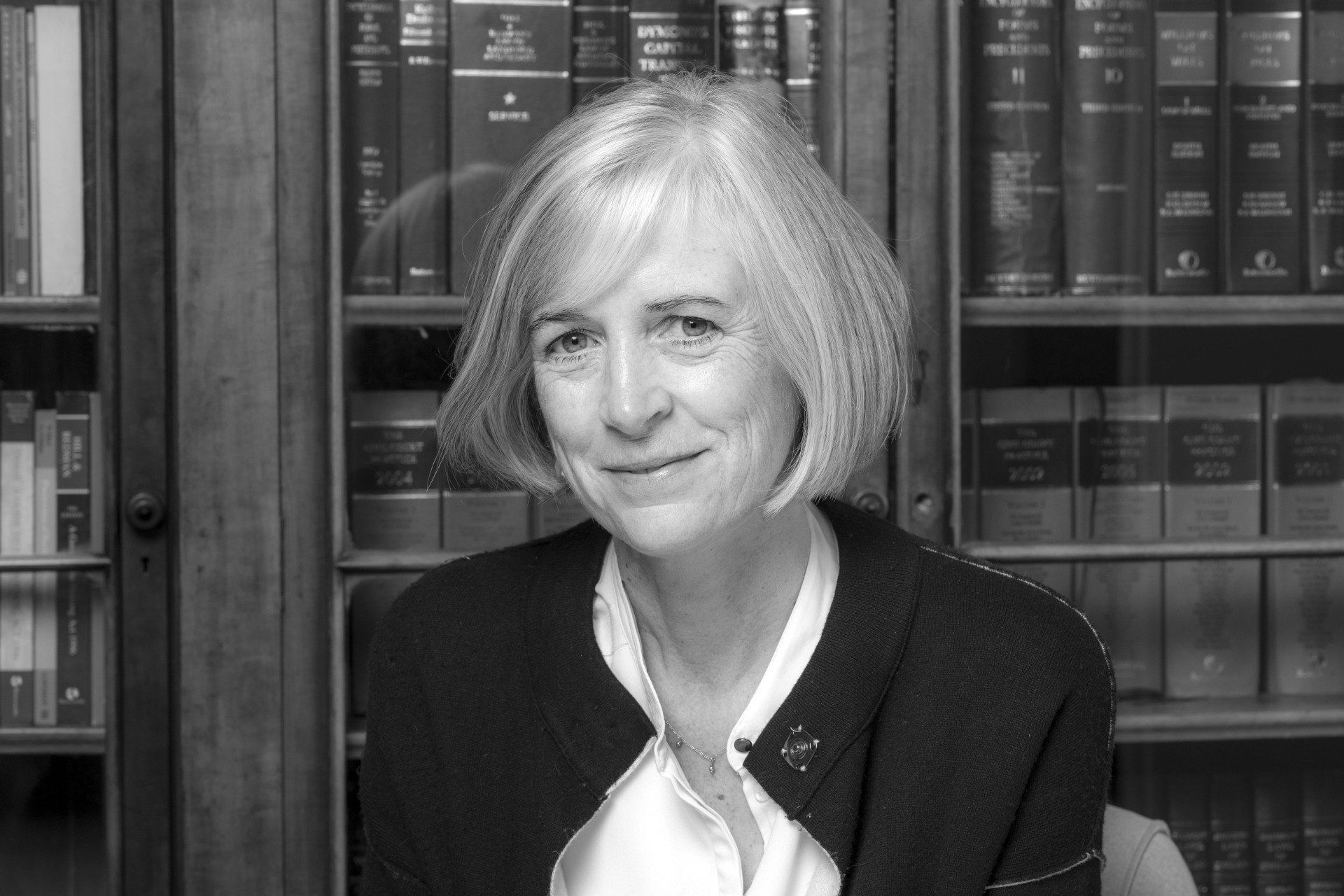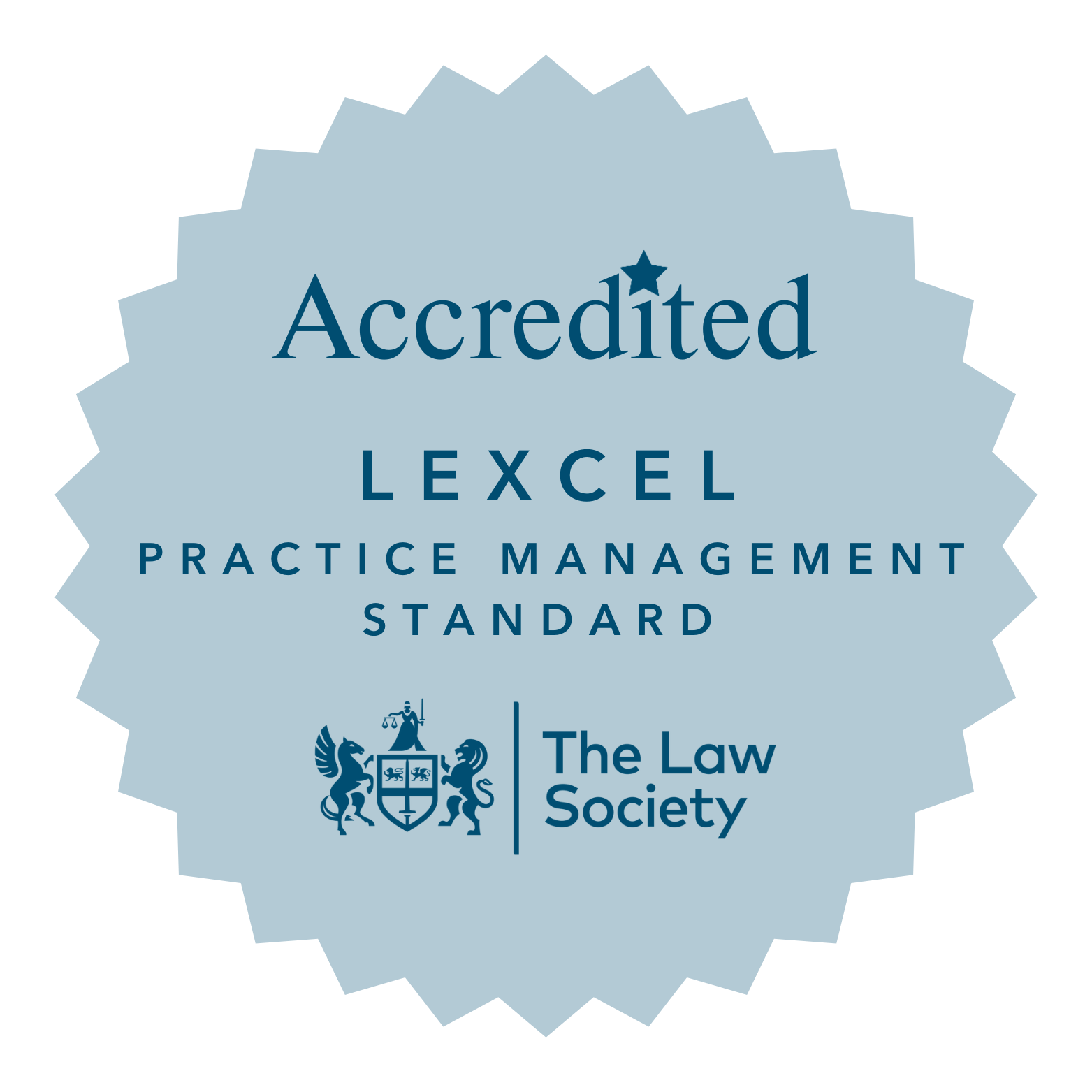Nuptial Agreements
If you are planning on getting married, a prenuptial agreement, also referred to as a prenup, can help you start your new life on an open and honest basis. It will set out details of what you want to happen to your assets in the event that you separate.
Prenuptial agreements are increasing in popularity and are no longer seen as just for the wealthy. They are a good way of helping couples talk honestly about their finances before marriage and can avoid misunderstandings and uncertainty in the future.
At Gibson Young Solicitors Putney, our family team have extensive experience in negotiating and drafting prenuptial agreements, as well as postnuptial agreements for couples who are already married but wish to put their financial affairs on a formal footing.
How our SW15 lawyers can help with prenuptial agreements or postnuptial agreements.
Our nuptial agreement services include the following:
• Taking instructions to get to know your situation and what you want from a nuptial agreement
• Drawing up a prenuptial agreement or postnuptial agreement
• Negotiating your nuptial agreement with your partner’s solicitors where necessary
• Advising you on the implications of signing a prenuptial agreement or postnuptial agreement
• Obtaining your signature to the agreement
Contact our SW15 solicitors about a prenuptial agreement or postnuptial agreement
If you would like to speak to one of our expert family lawyers in SW15, ring us on 020 7924 2919, email us at reception@gibsonyoungsolicitors.com
or fill out our Contact Form.
Prenuptial agreement FAQs
What is a prenup and why should you make one?
A prenup is a financial agreement entered into before marriage. Making a prenuptial agreement allows you and your future spouse to plan what will happen to your finances, should you separate or divorce. It is a requirement of a prenuptial agreement that both parties fully disclose their financial affairs to each other before signing, which can help couples trust each other.
A prenup is often recommended in certain circumstances, including the following:
• Where one party has more assets than the other or has debts
• Where one party is a business owner
• Where one party already has children
• Where the parents of one party are gifting money, for example, to fund the purchase of a property
• Where there is a possibility that money will be inherited in the future
Why are prenups increasingly popular?
As people are marrying later in life, often with established careers and property to their name, interest in prenups has increased. Inheritances can be substantial, and individuals are often also gifted money towards a home that they wish to protect.
A prenup can help avoid disputes arising over money during marriage and provide a level of certainty and clarity for both parties.
Another potential advantage is that, should a couple divorce, the process can be a lot quicker, easier and less acrimonious if a prenup exists.
What is included in a prenup?
You can choose what you want to put into your prenup, but common points include the following:
• How money and investments will be shared;
• What will happen to a home you share;
• What will happen to any other property or assets you own;
• What will happen to debts, to include a debt incurred by only one party;
• What provision each of you will make for children;
• What will happen to any inheritance that either of you may receive.
We can advise you on what might be appropriate for your situation and suggest how assets could be shared in the future, should they need to be. For example, if you buy a home together, this can be a difficult asset to divide, particularly if you have children. We can talk through the options with you so that you can both have the security that you need.
Are prenuptial agreements binding?
Prenuptial agreements are not legally binding, however provided certain points have been addressed, the courts are likely to follow them.
The requirements are as follows:
• The prenup agreement was drawn up by a qualified lawyer and both parties took independent legal advice before signing;
• Each party’s solicitor can confirm that their client entered into the agreement voluntarily and that they understood the implications of signing;
• The agreement is fair and provides for the needs of both parties;
• Both parties disclosed all of their assets to each other before making the agreement;
• The agreement does not negatively impact any children involved with either party;
• The prenuptial agreement was signed at least 28 days before the marriage.
If the court is happy regarding the above points, then it will give weight to the prenuptial agreement and is likely to make an order in similar terms, unless one party would be at a financial disadvantage that might cause them difficulties.
Where one party can show that they were pressured to sign the document, then they can ask the court not to follow it.
Can I write my own prenuptial agreement?
While you can decide what you would like to be included in your prenuptial agreement, you should always ensure that it is drafted by an expert family law solicitor. This is because should you need to rely on the agreement in the future, the court will want to be sure that you received independent legal advice and that you fully understood the implications of the prenup before you signed it.
Can you have a postnuptial agreement?
Prenuptial and postnuptial agreements are similar, but a postnuptial agreement is entered into after marriage. It will generally contain the same terms and should be drawn up and signed in the same way, with both parties taking independent legal advice. It can be useful where the parties’ financial circumstances change, for example, where money is inherited or where one party gives up their career to raise children.
Contact our expert prenup solicitors SW15.
At Gibson Young Solicitors in Putney, we offer both legal expertise and outstanding client service. We are friendly and approachable and our prenup advice is clear and straightforward.
If you would like to speak to an expert family lawyer about prenuptial and postnuptial agreements, ring us on 020 7924 2919, email us at reception@gibsonyoungsolicitors.com
or fill out our Contact Form. All initial enquiries are free of charge and without any obligation.
Putney Office:
1 & 2 Crescent Stables, 139 Upper Richmond Road, Putney, London SW15 2TN

We believe in dispute resolution
In a majority of these cases a positive outcome is achieved by negotiation between solicitors and agreement between the parties. We can advise you on your rights and chances of success and the possible value of a claim. We emphasis negotiation and agreement rather than conflict and confrontation in the application of the principles of law to the special circumstances of each individual case.
If you would like to speak to an expert family law solicitor, please ring us on 020 7924 2919, email us
or fill out our Contact Form. All initial enquiries are completely free of charge and without any obligation.







